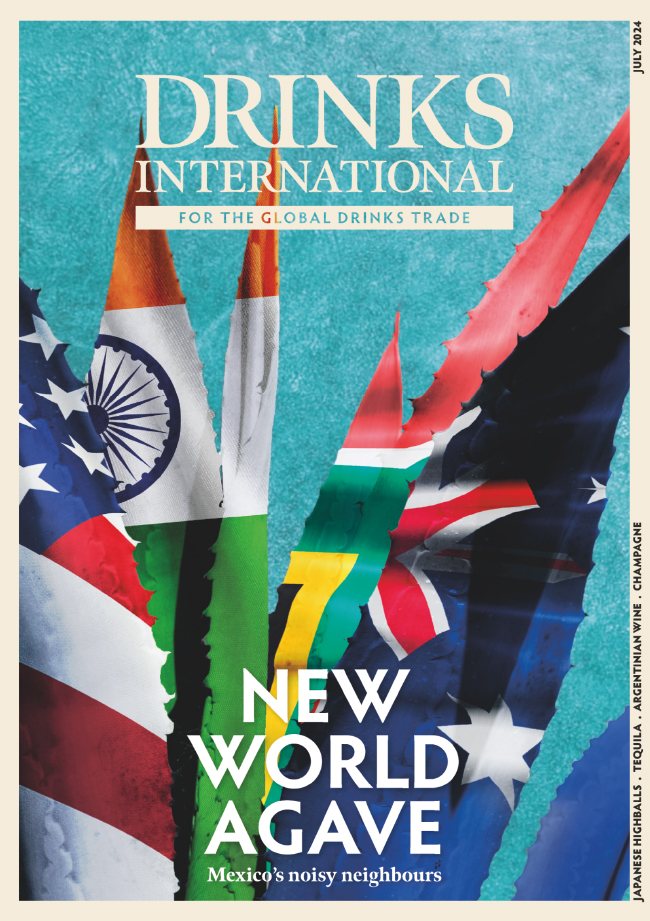MASS MARKET
The US historically lagged behind the UK in terms of online alcoholic drinks sales, but that is rapidly changing during the pandemic. Online specialist Drizly has enjoyed a 350% spike in 2020. “It’s becoming a lot more mass market,” says co-founder and chief executive Cory Rellas. “We were coming off a very low base. This category was less than 2% shopped online prior to this moment [the pandemic]. We’re probably in the 4% to 5% range today. There is nothing holding this category back from being a 20%-plus price category. There’s $20bn of alcohol sales going to come online in the next several years. We think we’re incredibly well placed to disproportionately win in that environment.”
Wine.com reported a 217% year-on-year revenue increase for the six months to September 30. Revenue reached $176m for the first half of the firm’s fiscal year. This brought trailing 12-month revenue to $285m, a 102% increase on the previous year. Wine.com introduced spirits to its range in California, Florida, New Jersey and New York, and that category now represents 10% of sales in those states. “Americans from all parts of the country, age groups and levels of wine experience are discovering the world of wine in a new way through Wine.com,” says chief executive Rich Bergsund. “We’ve got a long list of innovations on our roadmap – we’re just getting started.” Naked Wines increased revenue by 95% in the US during the six months to September 28, making it the firm’s best-performing market. “Quite simply, many customers did not know they could order wine online, to be delivered to their door, until Covid-19 motivated them to look, and they are now embracing it,” said the firm in its financial report. Naked believes online retailing has now “come of age”, and it has increased warehouse capacity by 104% to meet higher ongoing demand. Chief financial officer James Crawford tells Drinks International that Naked’s unique status as a winery can help it cut costs and flourish in the US.
“We have a winery, we crush grapes, we have a licence for production and to sell direct to consumer in 44 states,” he says. “In doing that, you don’t have to sell to a wholesaler, who then sells it to a retailer, who then sells it to a customer. You sell direct to the customer. That gives you a higher margin.
“You pay some of that to Fedex and UPS, because you’ve got to ship the stuff around the country. But ultimately, we believe that model gives the consumer better value, because it cuts out middlemen.
“For traditional retailers, wine.com is a very formidable business, and a bigger business in the US than us, but ultimately it is legislatively regulated as a retailer, so wine.com has to buy its products from a distributor, who has bought it from a winery, therefore there are already layers of cost involved in that business before it reaches the customer.
“We are fairly unique in the breadth of range we have as a winery, but at the same time having the scale to operate from multiple warehouses and therefore we can reach 95% of our customers within 48 hours. In the US that is a top-tier service level. It’s not unusual in the US, if you were to order wine from a winery, for it to take seven to 10 days to reach you. There’s a confluence of scale and range and capability that we have, that we don’t see replicated in the market at the moment.”




